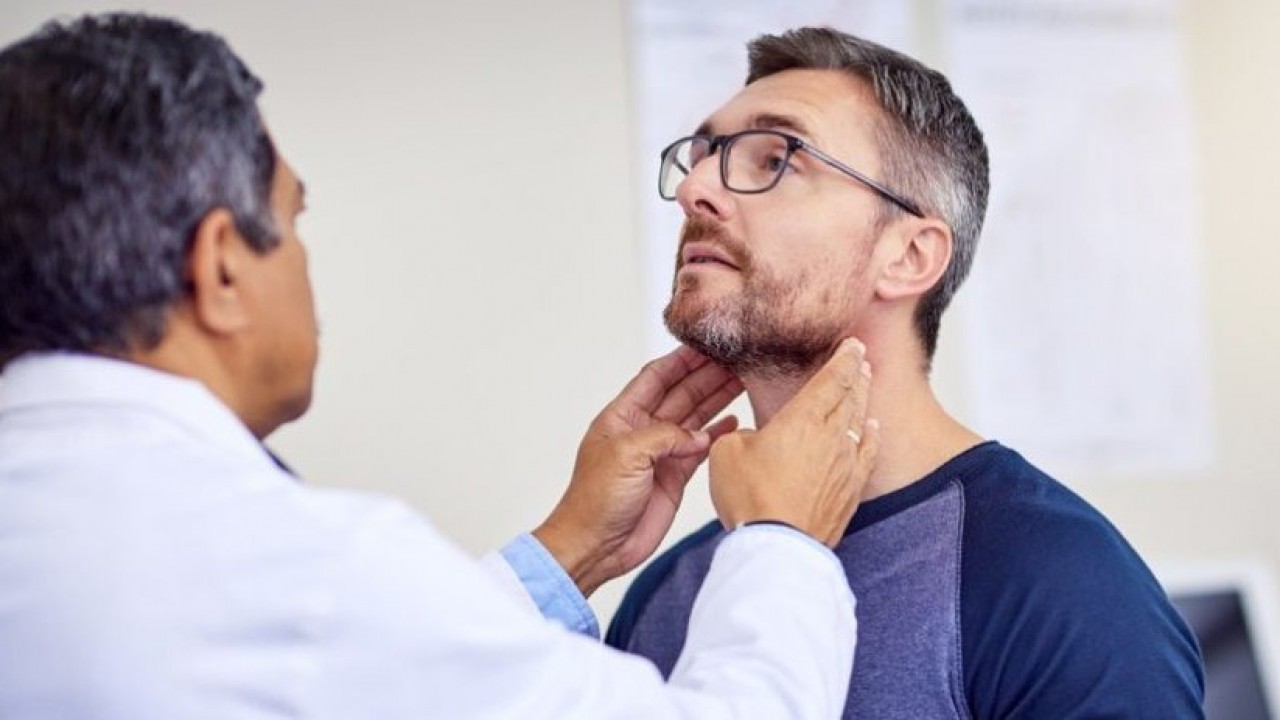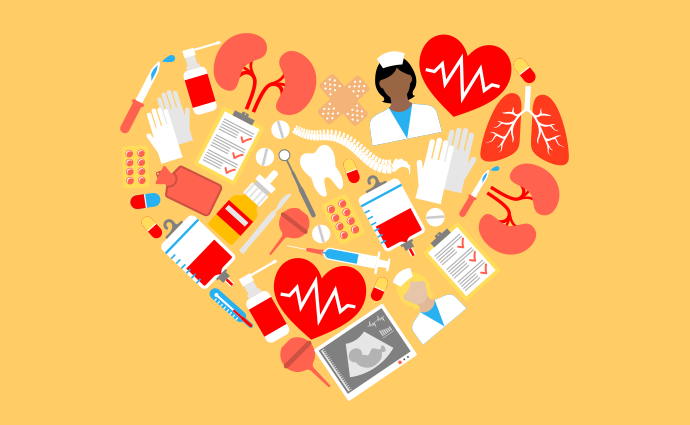
Sure, as the adage goes, only two things are certain: death and taxes. But add a third to it: loss of health. Well, not really. If you watch over your own wellbeing, who can rob you of your fitness?
Key Highlights
- If you wish to live a long, healthy life, begin working on your health while you are still young.
- They say 40 is the new 20s. That sounds fun, but remember the body is slowly ageing.
- Read all these signs and fix the gaps so that when you are 100, you thank your old 40-year-old self.
Turning 40 can feel like a big deal, and that's because it is. Who knows, you might just be stepping into your best decade yet. When you reach your 40s, your career is in better shape than it was a decade before, you are better oriented by now about what you want from life, and your confidence has never been better.
But wait, that's not all there is to "hitting the 40s". You must also value your health and that body you have to live in till your ripe old age. We have listed 5 really important checks you must carry out on yourself, now and periodically -- often.
- Muscle weakness: According to Harvard Health, declining muscle mass is part of ageing, but that does not mean you are helpless to stop it. Age-related muscle loss, called sarcopenia, is a natural part of ageing. After age 30, you begin to lose as much as 3-5 per cent per decade. Most men will lose about 30 per cent of their muscle mass during their lifetimes. Less muscle means greater weakness and less mobility, both of which may increase your risk of falls and fractures -- the risk of having a low-trauma fracture from a fall, such as a broken hip, collarbone, leg, arm, or wrist. Get an appointment with your GP and ask about progressive resistance training (PRT) while you are in the consultation-cum-checkup session. Your older self will thank you for acting on this facet right from your 40s.
- High blood pressure: It's rare that you will have symptoms of high blood pressure, but if undetected it can cause issues such as heart attacks or strokes. You should get periodic and regular blood pressure and cholesterol tests. If high levels of cholesterol are coursing through your blood, it can lead to a build-up in the arteries and increase your risk of heart attack or stroke. A simple blood test to check your cholesterol and a blood pressure check after the age of 40 will help you make the necessary lifestyle changes if needed to manage your health.
- Mental health and mood conditions: The worry about your parents' failing health? Or the kids' academics? Maybe the strain of managing office work or the team under you? Relationship and money worries... there are so many things that could plague the young mind of 40. Men also tend to bottle up their feelings, not share their concerns. Just as a pressure cooker can burst if the whistle is not allowed to let out the steam, the human mind is just as vulnerable. If you feel very low, depressed, suffer from sleepless nights, have feelings of extreme sadness and exhaustion don’t try to tough it out. They could be the first signs of depression and it is important to recognise that these feelings are treatable. Mental health is as important as physical health. Talk to someone you trust, a local support group or a GP who can advise on whether medication therapy or a combination of both is needed.
- Urinating too often? Visiting the loo and peeing more often is one of the main signs of prostate cancer, which is the most diagnosed cancer in all men. According to the UK National Health Service (NHS), an enlarged prostate can put pressure on the urethra, which can affect how you urinate. According to the Mayo Clinic, the severity of symptoms in people who have prostate gland enlargement varies, but symptoms tend to gradually worsen over time. To diagnose prostate cancer PSA blood tests are used as well as a rectal examination.
Common signs and symptoms of Benign prostatic hyperplasia (BPH) include: Frequent or urgent need to urinate,
Increased frequency of urination at night (nocturia),
Difficulty starting urination,
Weak urine stream or a stream that stops and starts,
Dribbling at the end of urination,
Inability to completely empty the bladder. - Enlarged testicles: The testicles are very sensitive, and even a minor injury can cause testicle pain or discomfort. Having enlarged testicles is one of the main symptoms of testicular cancer. Compared with other types of cancer, testicular cancer is rare. Testicular cancer is highly treatable, even when cancer has spread beyond the testicle. Cancer usually affects only one testicle. Signs and symptoms of testicular cancer are:
A lump or enlargement in either testicle,
A feeling of heaviness in the scrotum,
A dull ache in the abdomen or groin,
A sudden collection of fluid in the scrotum,
Pain or discomfort in a testicle or the scrotum,
Enlargement or tenderness of the breasts,
Back pain.
When to see a doctor:
See your doctor if you detect any pain, swelling or lumps in your testicles or groin area, especially if these signs and symptoms last longer than two weeks. These checks can tell you whether you're at higher risk of getting certain health problems, such as heart disease, diabetes, kidney disease, cancer, and strokes. It will also provide advice on how to reduce the risks.

 Healthy habits help people sidestep clogged leg arteries
Healthy habits help people sidestep clogged leg arteries



